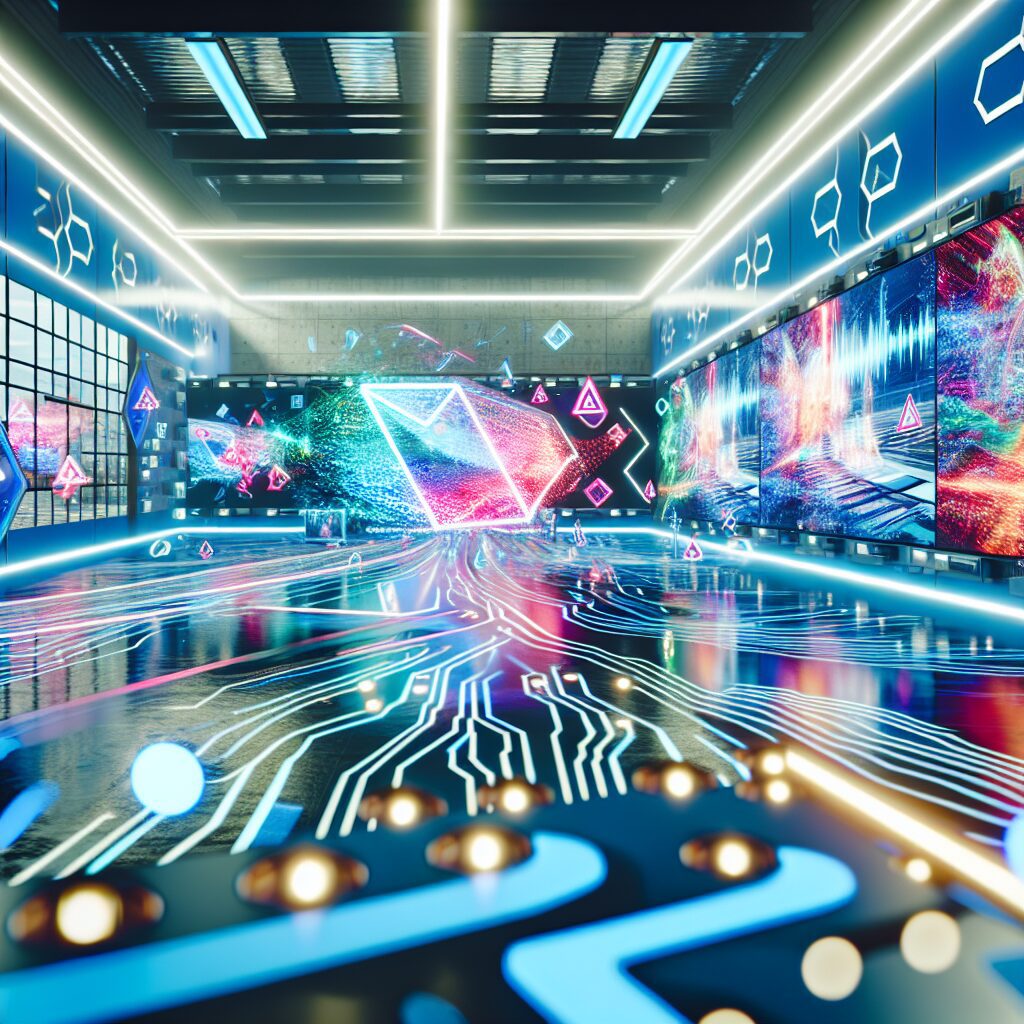
SoundHound AI Stock Rises After Price-Target Increase Analysis
“`html SoundHound AI Stock Rises After Price-Target Increase Analysis In a rapidly evolving technological landscape, Artificial Intelligence (AI) continues to

“`html
In the ever-evolving world of artificial intelligence, Generative AI stands out as a remarkable technological advancement. With applications like ChatGPT and Gemini making waves across various sectors, it’s essential to understand the mechanics behind them. This article delves into the world of Generative AI, exploring how it works, its myriad applications, and its potential impact on the future.
Generative AI refers to a subset of artificial intelligence that is capable of generating new data that is similar to the data it was trained on. Unlike traditional AI, which might simply predict outcomes based on input data, Generative AI creates content—be it text, images, or even music—based on learned patterns. Two of the most celebrated examples are OpenAI’s ChatGPT and Google’s Gemini project.
These models typically utilize neural networks, particularly a type known as Transformers. This architecture allows AI systems to efficiently handle large sequences of data, making them ideal for tasks involving language and complex pattern generation.
Generative AI isn’t just theoretical but finds practical use across various domains. Its applications are far-reaching, from enhancing creative fields to revolutionizing business processes.
Generative AI tools like ChatGPT can help writer’s block by suggesting contextually appropriate text. Moreover, AI-generated art platforms are producing compelling visual content, opening new avenues in digital art forms.
Businesses are increasingly deploying AI-driven chatbots that utilize Generative AI to provide real-time assistance and resolve issues efficiently. These bots can understand and generate human-like responses, significantly improving user experience.
Generative AI sifts through data to provide highly tailored marketing strategies. By analyzing consumer patterns, AI systems can create personalized content, enhancing engagement and conversion rates.
In healthcare, Generative AI assists in creating model datasets to simulate clinical trials and predict outcomes. Such simulations can be revolutionary, offering insights without real-world risks.
The potential of Generative AI is immense, with ongoing research aimed at overcoming existing limitations and expanding its capabilities. Here are some future-forward possibilities we’re likely to see:
Despite the exciting potential, Generative AI also poses challenges, particularly in ethical domains. The ability to create realistic but synthetic content raises concerns over misinformation, privacy, and intellectual property rights.
Key ethical concerns include:
These challenges underscore the need for robust AI governance frameworks to ensure the responsible development and deployment of Generative AI technologies.
The rise of ChatGPT and Gemini demonstrates just a fraction of what Generative AI can achieve. As we continue to innovate and integrate these technologies into our daily lives, it’s crucial to understand their capabilities and impact. By fostering a balanced approach—embracing innovation while addressing ethical concerns—Generative AI has the potential to redefine our interaction with technology and the creative process.
Whether it’s in business, healthcare, or creative industries, Generative AI will continue to reshape the landscape, providing new tools to solve complex problems and enhance human creativity.
“`

“`html SoundHound AI Stock Rises After Price-Target Increase Analysis In a rapidly evolving technological landscape, Artificial Intelligence (AI) continues to

“`html Explore Google’s Innovative Generative AI Video Model Now Available In the ever-evolving world of technology, Google has once again